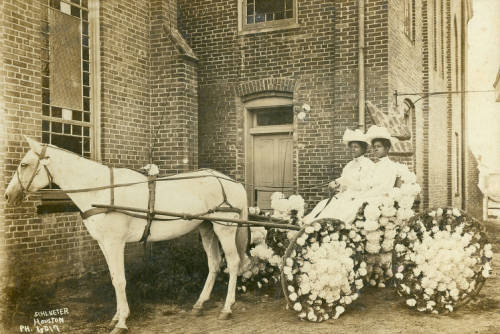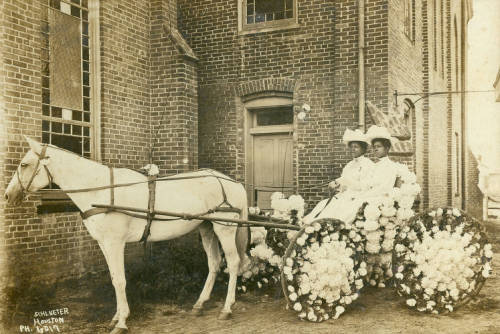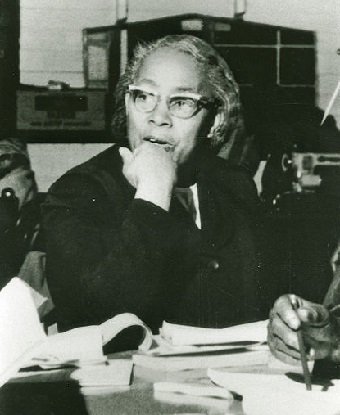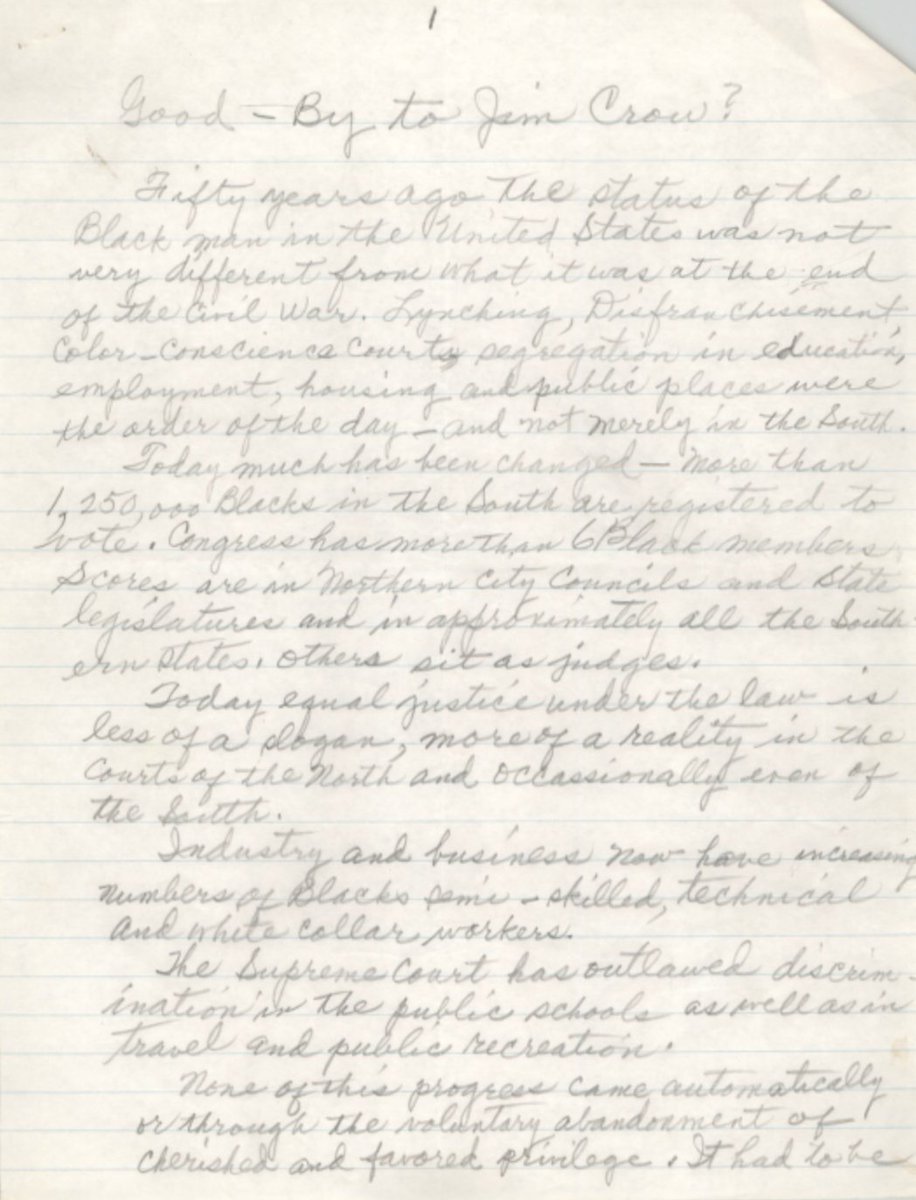
Today we honor one of the foremothers of Black feminist anthropology. Zora Neale Hurston was born January 7, 1891. An author, an anthropologist, playwright, folklorist and so much more. 

Her innovative work such as Mules and Men (1935), Their Eyes were watching God (1937), and Tell my Horse (1938) are all cornerstone in understanding the ways Black ethnographers do work in Black spaces. The care, the complexity, the importance of storytelling exist in her writing
“There are years that ask questions and years that answer.”
― Zora Neale Hurston, (1937).Their Eyes Were Watching God.
― Zora Neale Hurston, (1937).Their Eyes Were Watching God.
“Mouths don't empty themselves unless ears are sympathetic and knowing.”
― Zora Neale Hurston. (1935). Mules and Men.
― Zora Neale Hurston. (1935). Mules and Men.
“That though the heart is breaking, happiness can exist in a moment, also. And because the moment in which we live is all the time there really is, we can keep going.”
― Zora Neale Hurston. (2018). Barracoon: The Story of the Last "Black Cargo".
― Zora Neale Hurston. (2018). Barracoon: The Story of the Last "Black Cargo".
Research is formalised curiosity. It is poking and prying with a purpose - Zora Neale Hurston (1942). Dust Tracks On a Road: An Autobiography.
• • •
Missing some Tweet in this thread? You can try to
force a refresh








